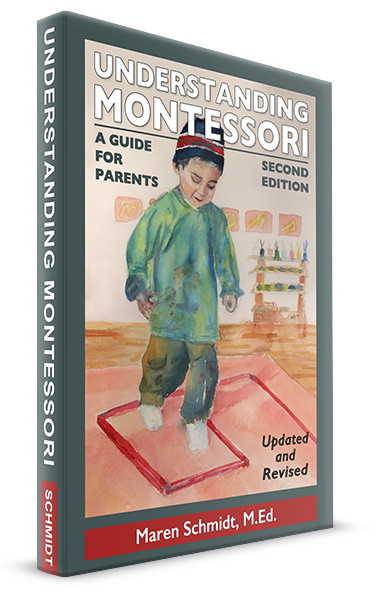
Walking in from lunch, you see a message that your child’s teacher has called.
For most of us, we get a knot in our stomach because we aren’t expecting good news.
Plus we’ve been conditioned for twelve or thirteen years that being talked to by the teacher or being sent to the principal’s office is–well, let’s say it–not fun.
Chances are your child’s teacher is calling with concerns about behavior or schoolwork.
Before you call be sure you have time to talk, or arrange for another time to visit.
Prior to your phone call, take a few minutes to think through or do the following suggestions:
- Have pen and paper handy to take notes.
- Listen to the teacher, and give him or her the time to fully express concerns before you ask any questions.
- Use the old standards for questioning: Who? What? When? Where? How? Why? Using this style of inquiry can help you see the situation in a larger perspective.
- Focus on helping your child and on your child’s needs.
- Act in partnership to help your child.
- Share ideas of your strategies to help the teacher.
- After talking with the teacher, involve your child in the problem-solving process.
- Plan a follow-up conversation to see how the changes are working.
Teachers’ calls usually pertain to a child’s behavior or schoolwork. Let’s look at a situation.
Your child’s teacher says your child is having trouble in math. Listen and take notes while giving the teacher time to voice all of her concerns. Gather more information by asking the who, what, when, where, why and how questions.
Perhaps you might ask some questions like these:
- What kind of math problems is my child having problems with?
- When did this start? Does it happen everyday?
- Where does my child sit in class?
- How does my child try to solve the math problem?
- Who can my child go to for help?
- How can I help?
- Why do you think my child is having this problem?
- When can we visit about this situation again?
- Share strategies that work for you with the teacher. Also, be sure to thank the teacher for calling. It is a lot easier to pick up the phone to call an appreciative parent.
After visiting with the teacher, visit with your child and involve your child in the problem-solving process. ”Your teacher called today to say you are having some difficulties learning your addition facts. What do you think?”
Listen to your child, and ask them how you might help him or her.
Use these suggestions to have a productive discussion with your child’s teacher, focusing on your child’s needs while listening to your child’s teacher’s concerns. Remember to involve your child in the solution process. Put a follow-up date on your calendar to visit with both your child and the teacher.
A phone call from your child’s teacher is an opportunity to work in partnership to meet your child’s needs.
That’s good news. So, relax.

